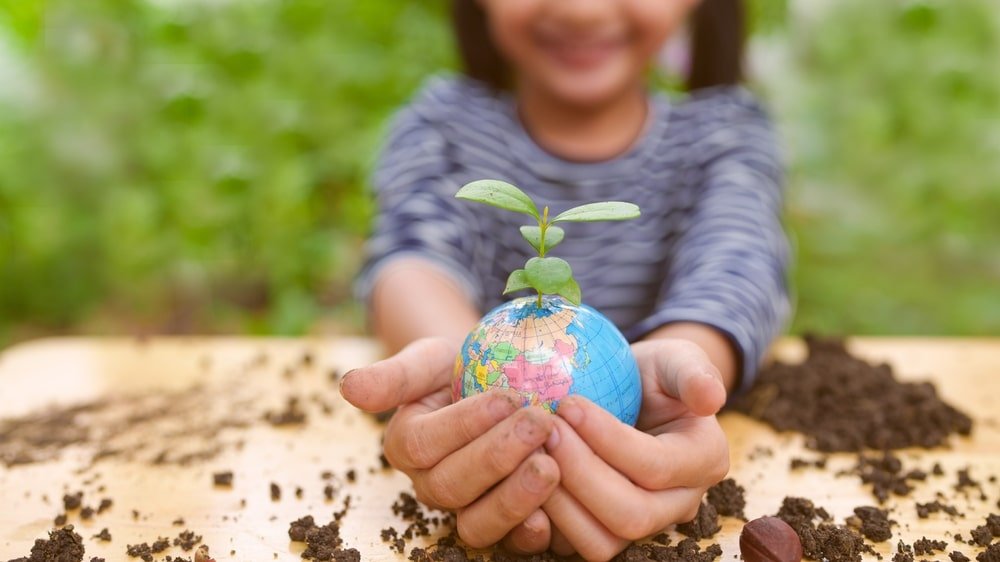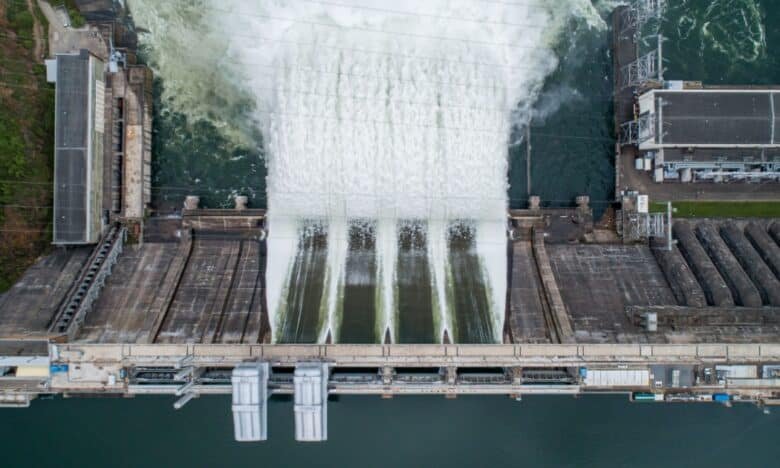
Teaching Kids and Teens to be Mindful of Energy
- November 24, 2024
Gen-Z brings much hope for the future as the most eco-conscious generation. Statistics show that they are influencing economic and political trends by demanding environmentally sustainable products, businesses, and policies.
However, no generation is without its own unique set of challenges. For this cohort, the threat of misinformation looms over their worldviews and decision-making, exacerbated by fake news and platforms such as TikTok where unregulated information has unprecedented reach.
While we are confident in Gen-Z’s potential to be the most educated and proactive consumers in history, older adults, especially stakeholders, educators, and parents still have a social responsibility to teach future generations, particularly Generation Alpha, to be mindful of energy. Here’s how they can play their part:
1. Keep it simple.
Even for an adult, reading verbose papers jam-packed with jargon can be taxing. What more teens and kids? In the digital age, it has never been easier to communicate ideas in the easiest and most engaging ways through different types of media. Organizations can provide easy-to-read infographics and training courses, teachers can use video and gamified learning to make their lessons more interesting, and parents can explain energy conservation using terms they know their children can understand.
2. Incorporate lessons in their daily lives.
Lived experiences have far more impact than theory and lectures. Don’t just tell your kid to reuse and segregate their waste – make it a fun chore by doing it with them, or providing rewards for their eco-friendly deeds. If you’re a teacher, provide your students with opportunities to practice eco–friendliness, such as assigning students to open the blinds to let in natural light and switch off the classroom lightbulbs.
3. Make renewable energy a household name.
Gen-Z has the privilege of being the first generation in an age where climate change is taken seriously and is an urgent matter for action. Give your kids a head start by incorporating energy literacy in their basic education along with letters and numbers. Primary educators can incorporate the types of energy, and its conservation in the early grades curriculum, with field trips to wind farms or solar-powered facilities and school visits from energy sector experts.
4. Call them out on their gadget usage.
Ironically, the most eco-conscious generation is also the largest consumer of personal gadgets and producer of electronic waste. Parents and teachers can set limits on kids’ gadget usage, while educating them on the pitfalls of excessive screen time and providing alternatives for education and entertainment, such as sports, arts and community activities.
5. Walk the talk.
Most crucially, children do not learn through their caretakers’ lectures, but by their actions as an example. Children have the best chance of practicing sustainable lives if they are raised in an eco-conscious environment. Make sure you’re doing your part, and your kids will most likely follow.
As we pass on the world to the coming generations, we can mitigate the damage done by past generations by educating our children in the hope that they may live in world where nature is still intact, and all human beings live dignified lives.



